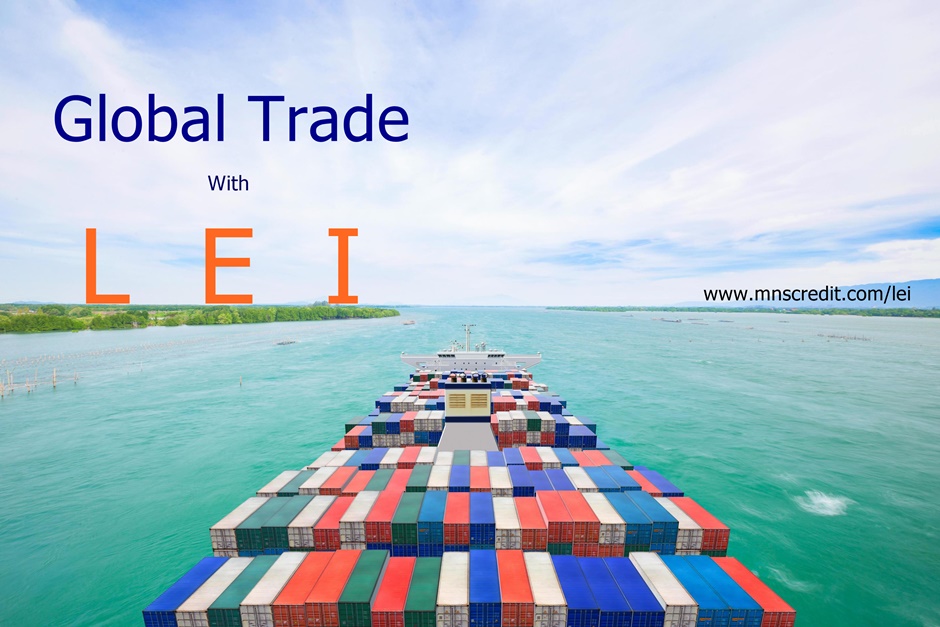Introduction
The digital revolution has significantly impacted various sectors, with global trade standing out as one of the most transformed. Today, the integration of identity and digital trust technologies is not merely a trend but a necessity for advancing the efficiency, security, and transparency of international commerce. As these technologies evolve, they promise to address longstanding challenges and introduce new opportunities, thereby revolutionizing global trade dynamics.
The Evolution of Global Trade
Global trade has come a long way from the days of the Silk Road and mercantilist policies. The advent of digital technologies has been a game-changer, facilitating faster, more efficient transactions across borders.
Historical Perspectives
Historically, global trade was characterized by physical exchanges and limited by geographical and political boundaries. The introduction of digital platforms has dismantled these barriers, allowing businesses to connect globally with unprecedented ease.
Digital Era and Trade Transformation
The digital era has ushered in an era of transformation for trade, marked by the adoption of e-commerce platforms, digital payment systems, and automated supply chain processes. These advancements have not only increased the speed of transactions but also expanded the reach of businesses worldwide.
Understanding Identity Technologies
Identity technologies form the backbone of secure digital transactions. They ensure that entities engaging in trade are accurately identified and authenticated.
Key Components
The key components of identity technologies include digital identities, biometric verification, and blockchain-based identity management systems. These components work together to provide robust security and trust in digital interactions.
Role of LEIs in Global Trade
The Legal Entity Identifier (LEI) is a critical element in identity technologies. It provides a unique identifier for legal entities participating in financial transactions, ensuring transparency and reducing the risk of fraud.
The Role of Digital Trust Technologies
Digital trust technologies enhance the reliability and security of digital interactions, fostering a trustworthy environment for global trade.
Enhancing Security
These technologies incorporate advanced encryption methods, secure communication protocols, and blockchain technology to safeguard data and transactions from cyber threats.
Promoting Transparency
Transparency is crucial in global trade, and digital trust technologies ensure that all transactions are traceable and verifiable, thereby reducing the risk of discrepancies and disputes.
LEI: A Cornerstone of Digital Trust
What is an LEI?
An LEI is a unique 20-character alphanumeric code assigned to legal entities involved in financial transactions. It provides standardized information about the entity, enhancing transparency and trust in global trade.
How LEIs Facilitate Trade
LEIs simplify the identification process, reduce the need for repetitive KYC (Know Your Customer) checks, and streamline regulatory reporting. This efficiency is particularly beneficial in complex, cross-border transactions where verifying entities can be challenging.
Benefits of Identity and Digital Trust Technologies
The integration of identity and digital trust technologies in global trade brings numerous benefits, including increased efficiency, fraud prevention, and cost reduction.
Increased Efficiency
Digital identities and trust technologies automate many of the manual processes involved in trade, such as documentation and compliance checks, thereby speeding up transactions and reducing administrative burdens.
Fraud Prevention
By ensuring that all parties in a transaction are verified and authenticated, these technologies significantly reduce the risk of fraud and illicit activities in global trade.
Cost Reduction
Automating processes and reducing the need for physical documentation and verification can lead to substantial cost savings for businesses engaged in international trade.
Case Studies of Implementation
Several organizations have successfully implemented identity and digital trust technologies, demonstrating their practical benefits and potential.
Success Stories
For instance, multinational corporations have reported increased efficiency and reduced fraud following the adoption of digital trust technologies. These success stories highlight the tangible benefits of these innovations.
Lessons Learned
The lessons from these implementations underscore the importance of proper planning, investment in technology, and ongoing adaptation to new challenges and opportunities.
Challenges in Adoption
Despite the clear benefits, there are challenges in adopting identity and digital trust technologies, including technical and regulatory hurdles.
Technical Barriers
Technical barriers such as system integration, data interoperability, and cybersecurity concerns can impede the adoption of these technologies.
Regulatory Hurdles
Different countries have varying regulations and standards, making it challenging to implement a uniform system globally. Harmonizing these regulations is crucial for widespread adoption.
Future Prospects
The future of global trade with identity and digital trust technologies looks promising, with emerging trends and long-term implications pointing towards continued evolution.
Emerging Trends
Emerging trends include the integration of artificial intelligence and machine learning with identity technologies, further enhancing their capabilities and applications.
Long-term Implications
In the long term, these technologies will likely become indispensable in global trade, driving greater efficiency, security, and trust.
Conclusion
In conclusion, identity and digital trust technologies are revolutionizing global trade by enhancing security, promoting transparency, and increasing efficiency. As these technologies continue to evolve, they promise to address longstanding challenges and introduce new opportunities for businesses worldwide.











